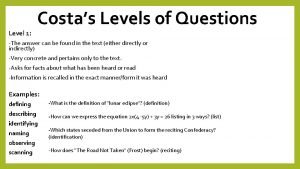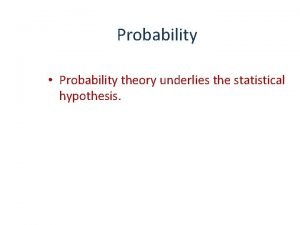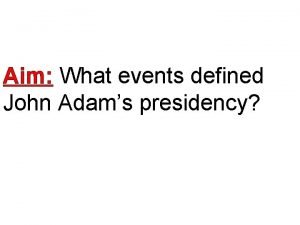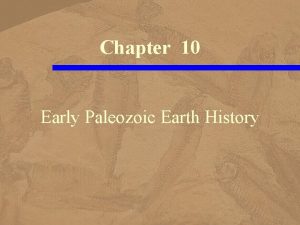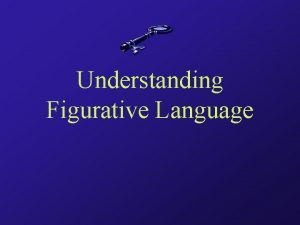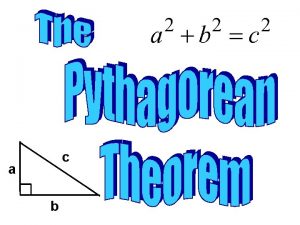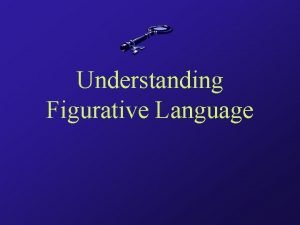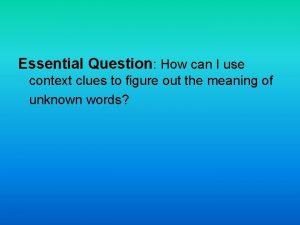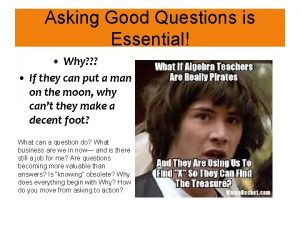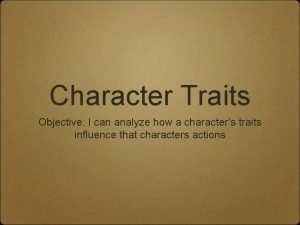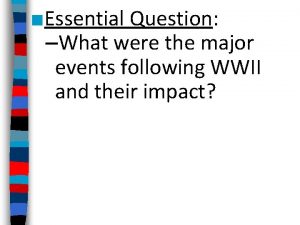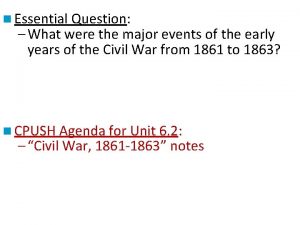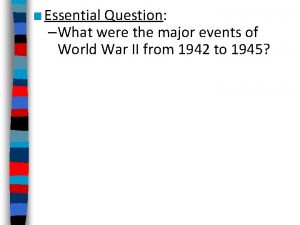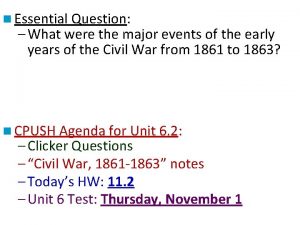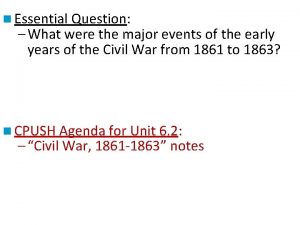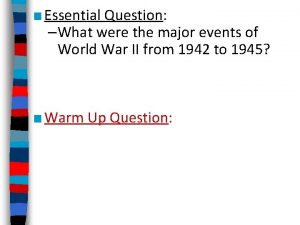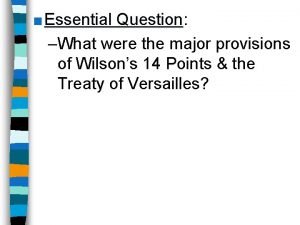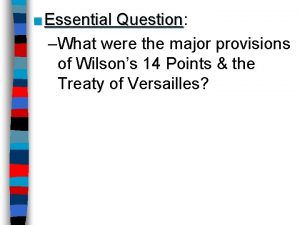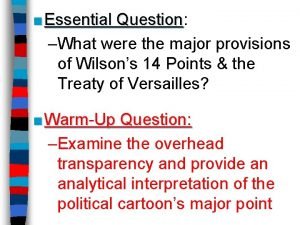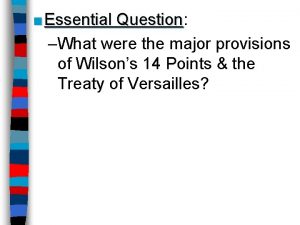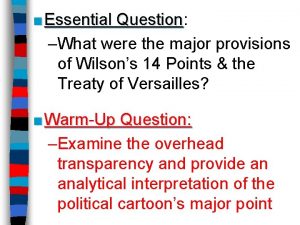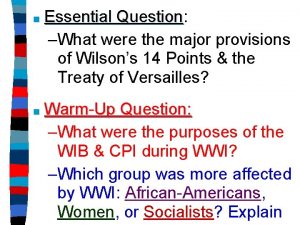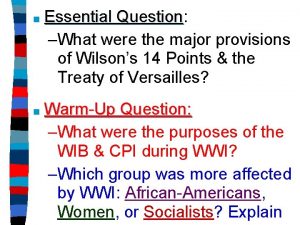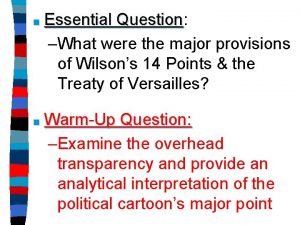Essential Question What were the major events of
















- Slides: 16

• Essential Question: • What were the major events of the early years of the Civil War from 1861 to 1863? • CPUSH Agenda for Unit 6. 2: • Clicker Questions • “Civil War, 1861 -1863” notes • Today’s HW: 11. 2 • Unit 6 Test: Thursday, November 1

When Lincoln was elected in 1860, 7 Southern states seceded from the Union and formed the Confederate States of America 4 more Southern states The Civil War began when Fort Sumter seceded in 1861 when Lincoln called for military volunteers was fired upon by to “preserve the Union” Confederate soldiers


The Union strategy during the war was called the Anaconda Plan Blockade the coast, seize the Mississippi River to divide the South, and take Richmond

Exploit South’s dependency on foreign trade and its inability to manufacture weapons Relied on Northern advantages in population, industry, and military

Ulysses Grant in the West George Mc. Clellan was in charge of Army of the Potomac

The Confederate strategy during the war was an Offensive Defense Protect Southern territory from “Northern aggression” but attack into Union territory when the opportunity presents itself Drag out the war as long as possible to make the North quit Get Britain and France to join their cause because of European dependency on “King Cotton”

Robert E Lee was in charge of the Confederate army (Army of Northern Virginia)

Political Leadership During the Civil War, President Jefferson Davis had a difficult time: • The CSA Constitution protected states’ rights so state governors could refuse to send him money or troops • CSA currency inflated by 7, 000% During the Civil War, President Lincoln used “emergency powers” to protect “national security” • Suspended habeas corpus (Laws requiring evidence before citizens can be jailed) • Closed down newspapers that did The national government not in the USA and support the. CSA war relied on volunteer armies in the beginning, but soon needed conscription (draft) to supply their armies with troops


New York City Draft Riots

Fighting the Civil War: 1861 -1865 • From 1861 to mid-1863, the Confederate army was winning the Civil War: • Defensive strategy carried out by superior Southern generals like Robert E. Lee & Stonewall Jackson • Disagreements among military & political leaders in the North The Civil War (0. 40 -4. 20)

Bull Run (Manassas), 1861: The 1 st battle of the Civil War; Stonewall Jackson kept the Union army from taking the CSA capital at Richmond

Shiloh, 1862 (USA) Seven Pines, 1862 (CSA) Seven Days, 1862 (CSA) 2 nd Bull Run, 1862 (CSA) From 1861 -1862, the CSA had success in the East, but the USA had success in the West New Orleans, 1862 (USA)

Antietam, 1862: General Lee’s 1 st attempt to invade outside the CSA was halted by Mc. Clellan

Even though the Battle of Antietam ended without a clear winner, it had important effects on the North The battle convinced Britain and France not to support the Confederacy in the war The battle convinced Lincoln that the time was right to make the emancipation of slaves the new focus of the war for the North
 Costa level questions examples
Costa level questions examples Essential non essential fatty acids
Essential non essential fatty acids Mutually exclusive vs non mutually exclusive
Mutually exclusive vs non mutually exclusive Xyz affair summary
Xyz affair summary Ordovician period major events
Ordovician period major events Figurative language essential questions
Figurative language essential questions Essential question for pythagorean theorem
Essential question for pythagorean theorem Essential question generator
Essential question generator Essential question for pythagorean theorem
Essential question for pythagorean theorem Figurative language essential questions
Figurative language essential questions Individual vs society
Individual vs society Essential context clues
Essential context clues Cornell notes essential question
Cornell notes essential question Asking essential questions
Asking essential questions Essential question for multiplication
Essential question for multiplication Essential question gif
Essential question gif Essential question for character traits
Essential question for character traits
